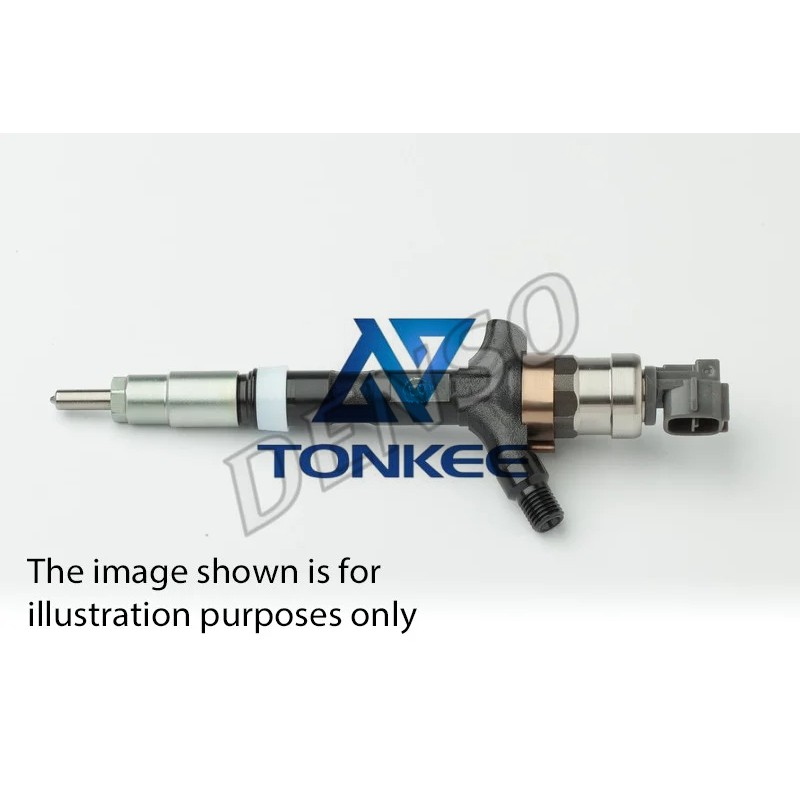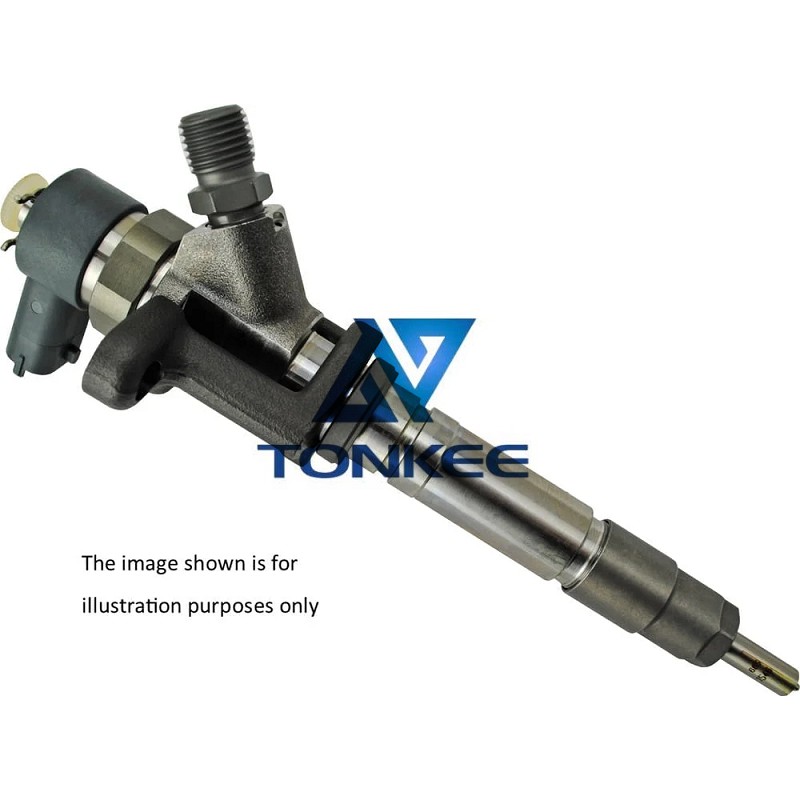
Injector Type: This injector belongs to the common rail diesel injector category.
It is optimized for use in common rail systems, where high-pressure fuel is stored in a common rail and injected directly into the combustion chamber.
Precision Engineering: Denso is renowned for its precision engineering, and this injector is no exception. It is meticulously crafted to provide consistent and accurate fuel delivery, ensuring efficient combustion and optimal engine performance.
Compatibility: The Denso 295050-7350 injector is designed to be compatible with a wide range of diesel engines, making it a versatile choice for various automotive and industrial applications.
Durability: Denso injectors are built to withstand the harsh operating conditions of diesel engines. They are engineered for durability and longevity, reducing maintenance costs and minimizing downtime.
Efficiency: Common rail injectors, such as the 295050-7350, are known for their efficiency. They deliver fuel at high pressure, resulting in enhanced combustion, reduced emissions, and improved fuel economy.
Fuel Atomization: The injector is engineered to atomize fuel, breaking it into tiny droplets for better mixing with incoming air in the combustion chamber. This promotes complete combustion and reduces emissions.
Electronic Control: The injector is compatible with engine control modules (ECMs) and electronic control units (ECUs), allowing for precise control of fuel delivery, injection timing, and other critical engine parameters.
Working Principles:
The Denso 295050-7350 Common Rail Diesel Injector operates within the common rail injection system, following these fundamental principles:
High-Pressure Fuel Rail: The injector is connected to a high-pressure fuel rail that stores fuel at a constant high pressure.
Electronic Control: The fuel injection process is electronically controlled. The engine control module or electronic control unit determines the timing and quantity of fuel injection.
Precise Fuel Delivery: When instructed to inject fuel, the injector opens a nozzle, allowing an exact amount of pressurized fuel to enter the combustion chamber.
Fuel Atomization: As the fuel exits the injector, it is atomized into minuscule droplets, ensuring effective mixing with incoming air.
Combustion: The fuel-air mixture ignites within the combustion chamber, generating power to drive the engine.



 English
English Русский язык
Русский язык



